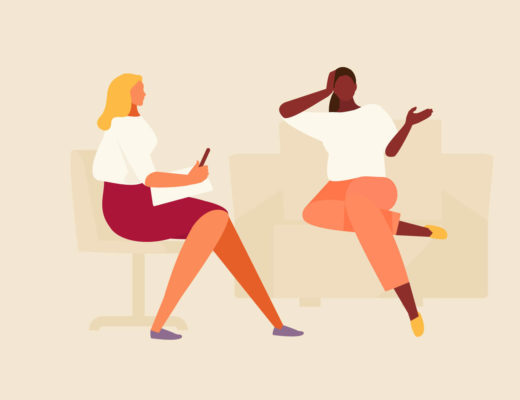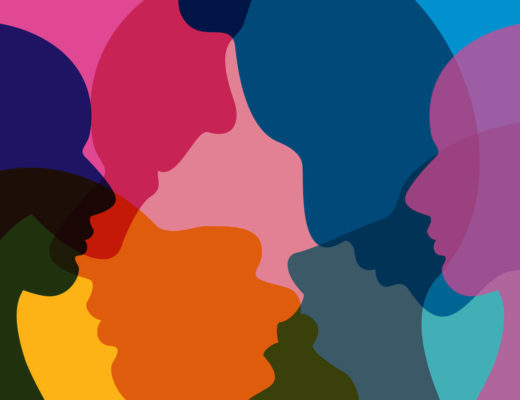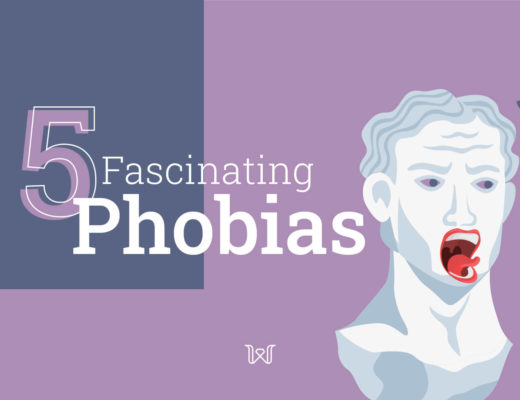Social Media continues to take up most of our days and has infiltrated itself as a cornerstone in both our professional and personal relationships. From fixing up your LinkedIn profiles, to deleting old pictures of your ex on Facebook, a large portion of our lives revolve around the unspoken demands of social networking.
Upon realizing its power, it’s easy to see why it can have effects on us as much as we have effects on them. Evaluating the psychological toll is therefore a necessity as we continue to understand the impact that constant social media consumption can have.
Distorted Understanding of Reality.
When broadcasting elements of your life to a vast group of individuals, it’s normal to always frame it in a way where you have your best foot forward. I mean, how many of us would upload selfies in a pair of wrinkly pajamas with messy hair in an untidy bedroom?
It makes a lot more sense for the content we post to be relevant to what we want to constantly portray: happiness, smiles, and perfection. However, a profile that is filled exclusively with these rare moments of euphoria gives the impression that users are constantly happy and never experience real, unfiltered moments. This presents people with a distorted vision of what reality is whereby based on their perception of others, life is just a constant narrative of joyful moments. (Reynolds et al., 2010)
Self Esteem
We as humans, tend to always invite comparisons between ourselves and others.
The information overload along with the cherry-picked positive moments of others can make our tough moments seem so much worse.
These events can have massive blows on our self-esteem, and it doesn’t just stop at positive content making. The world of social media can feel like something is constantly missing in your own life.
Scrolling through other people’s profiles on what they do best such as fitness trainers showing off their physique, wealthy users showing off their cars, and intellectual users showing off their academic achievements, will make this entity seem like a jack of all trades that you won’t be able to keep up with. (Cingel et al., 2022)
This is because users on social media are no longer seen as individuals but rather as a singularly morphed entity.
Comparing yourself to every top performer across industries is setting yourself up for an endless spiral of disappointment that might even lead to disorders such as depression (Orth and Robins, 2013). When the world’s top chess player posts about winning a tournament, one’s reaction is to immediately compare themselves to a person who has dedicated most of their life to their profession. The perception of this event as just an effortless post is neither fair to the chess player nor to yourself.
Too fast to process
From an ownership standpoint, it makes sense to make the spread of information faster, to encourage users to post more and get more engagement.
However, for users who are still getting conditioned to process hundreds of 3-5 second videos in a single sitting, it can be extremely overwhelming.
While in theory, having the world at your fingertips can be viewed as a positive development, the toll it can take is nothing to scroll over.
To be a part of a generation where vast amounts of information is met with the expectation of processing and understanding that information is challenging.
This will result in cognitive patterns that can only give so much attention and energy to a singular topic as distractions and moving on to different topics are encouraged by social media use. (Barton et al., 2018)
Users will no longer have either the patience or the will to delve into subjects and would prefer getting the tip of the iceberg on as many topics as possible.
The progression of patterns revolving around distraction, too fast to grasp information input, and feelings of overwhelming information will encourage behaviors noticeable in ADHD and ADD patients, disorders that already showcase inflated diagnoses (Farchakh et al., 2022)
FOMO
Fear of missing out (FOMO) also comes as a result of excessive information received on a daily basis. Users may feel privileged or even guilty due to the unlimited access of information, and feel they are not taking advantage of it to its full capacity. (Roberts and David, 2019)
Seeing how our lives are directly linked to our social media presence as well as the content we consume drives users to stay online more often.
Comments like, “Have you been living under a rock?” “How did you not hear about this” “Everybody is talking about this” creates pressure whereby to be deemed socially competent requires people to constantly stay in the know about lifestyle topics that may not be of any interest to them. These behaviors might exacerbate or induce symptoms of anxiety. (Gupta and Sharma, 2021)
The effects of lacking privacy
All of these issues may arise from what is currently a normalized international problem.
The ongoing need to dump on social media means that privacy is now a concept of the past. This acceptance of publicly sharing your information creates psychological stressors where every decision you make must go through the court of public opinion.
Today, a reluctance to post content can be thought of by some as “stuck up”, or “old fashioned”.
The fear of a negative reaction creates anxiety and profoundly influences decision-making in creating content and posting it. To many, conforming seems much easier than defying the masses.
It is only when we accept that social media is simply a tool can we then separate our emotions from it and help us utilize social media platforms in a healthy manner for our intrinsic and extrinsic needs.
How can we utilize social media for better mental health?
While we have spent most of this article breaking down the toll that social media can take on our mental health, a lot of benefits do exist.
In order to truly benefit from social media, one must remember that it should be met with three mechanisms: moderation, skepticism and research.
Social mediums are not just a platform for cat memes and brain-dead 5 second Tik-Tok videos. A lot of platforms are at their core, educational and stimulating. (Bold and Yadamsuren, 2019)
Platforms that educate and give mental health advice from qualified professionals do exist and are growing by the minute (O’Reilly et al., 2018).
However, always remember to do your own research when reading or listening to advice from social media users.






